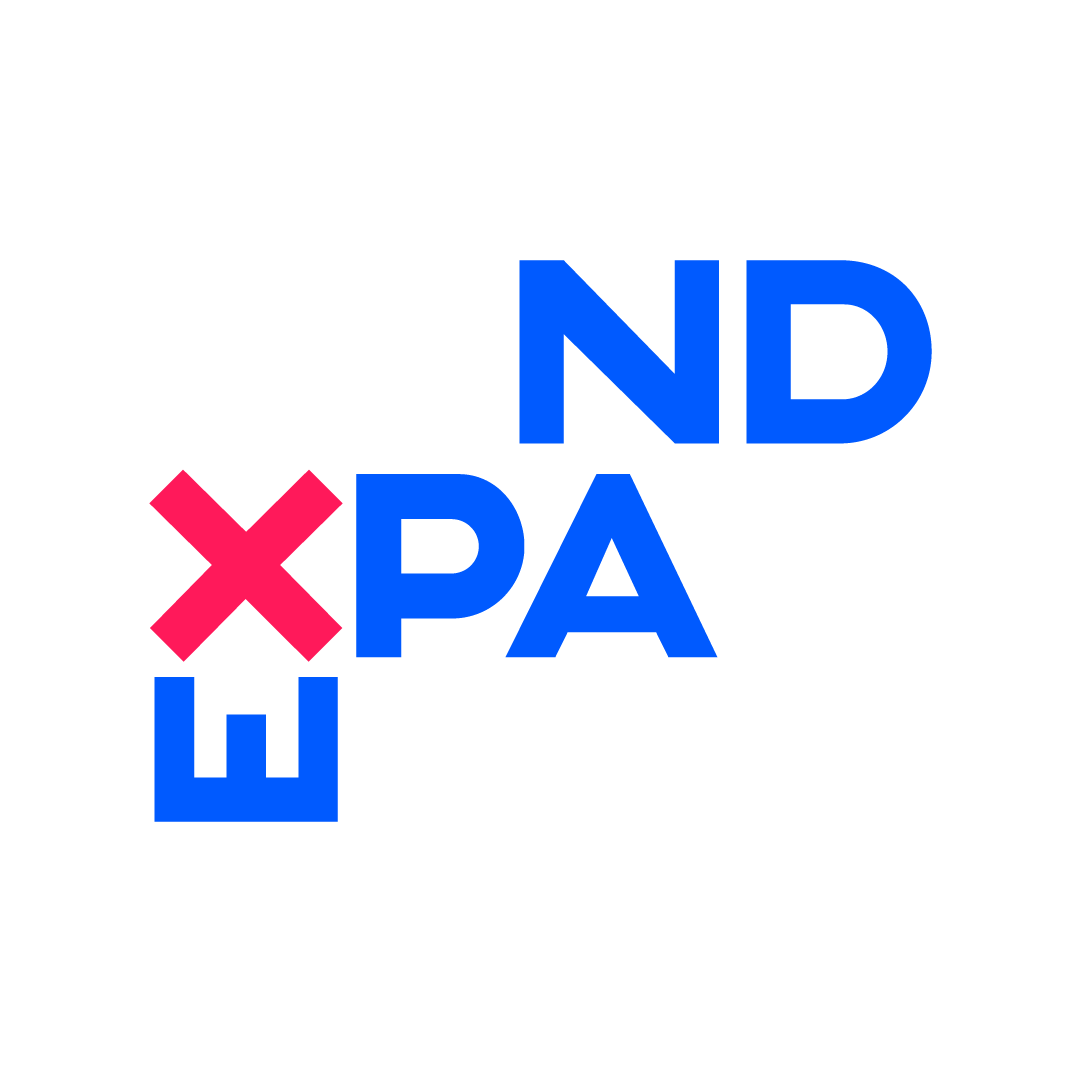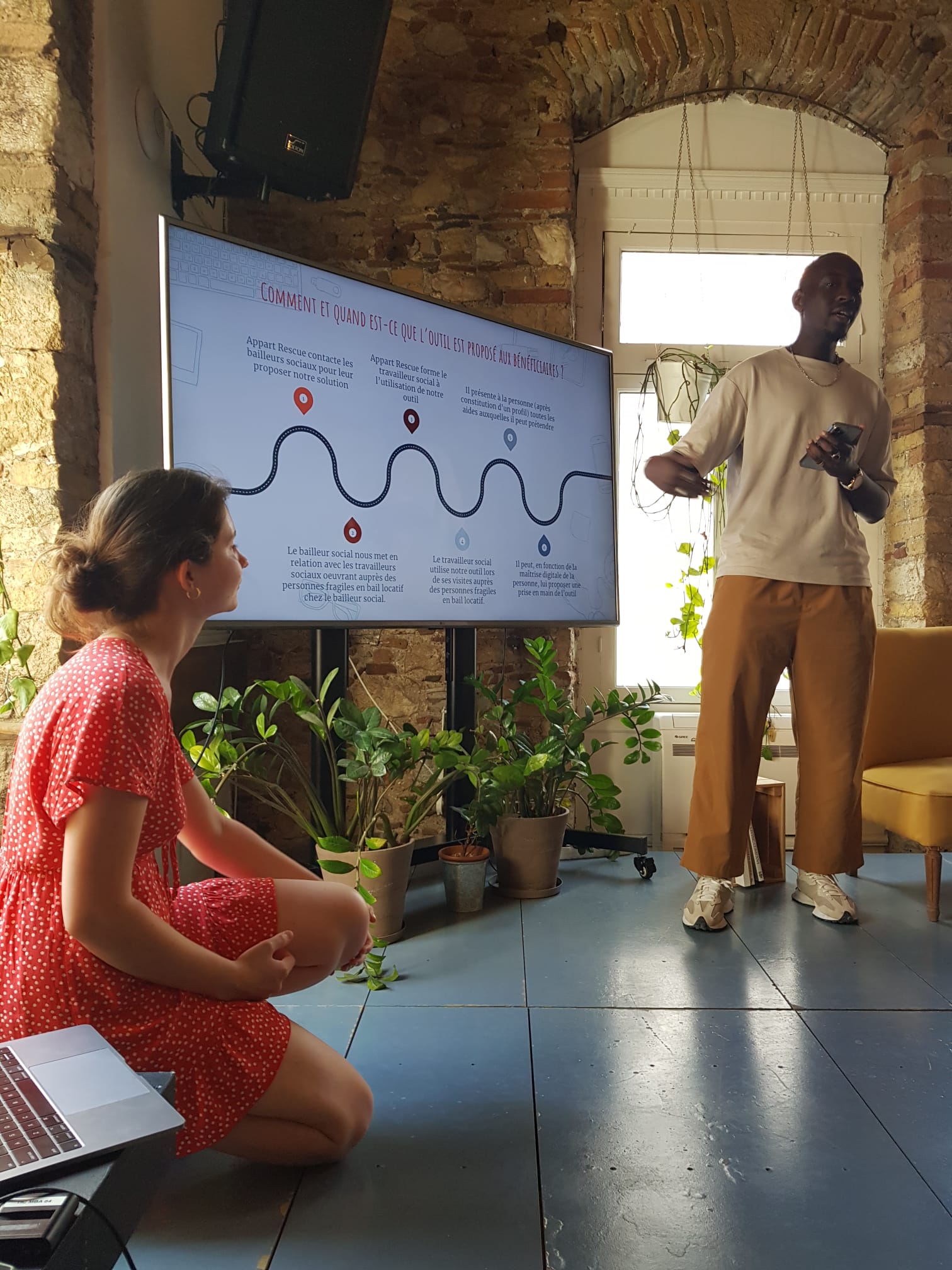TOOLBOX
This toolbox was created to help support HEI teaching staff on the development of a challenge-based social innovation course.
If you are planning to actively involve your students in a process of creating solutions to today’s greatest societal challenges
by collaborating with local and national partners, then this toolbox is for you.
Design led by ESADE & ESSEC and co-created by the EXPAND Partners
Access the Toolbox:




